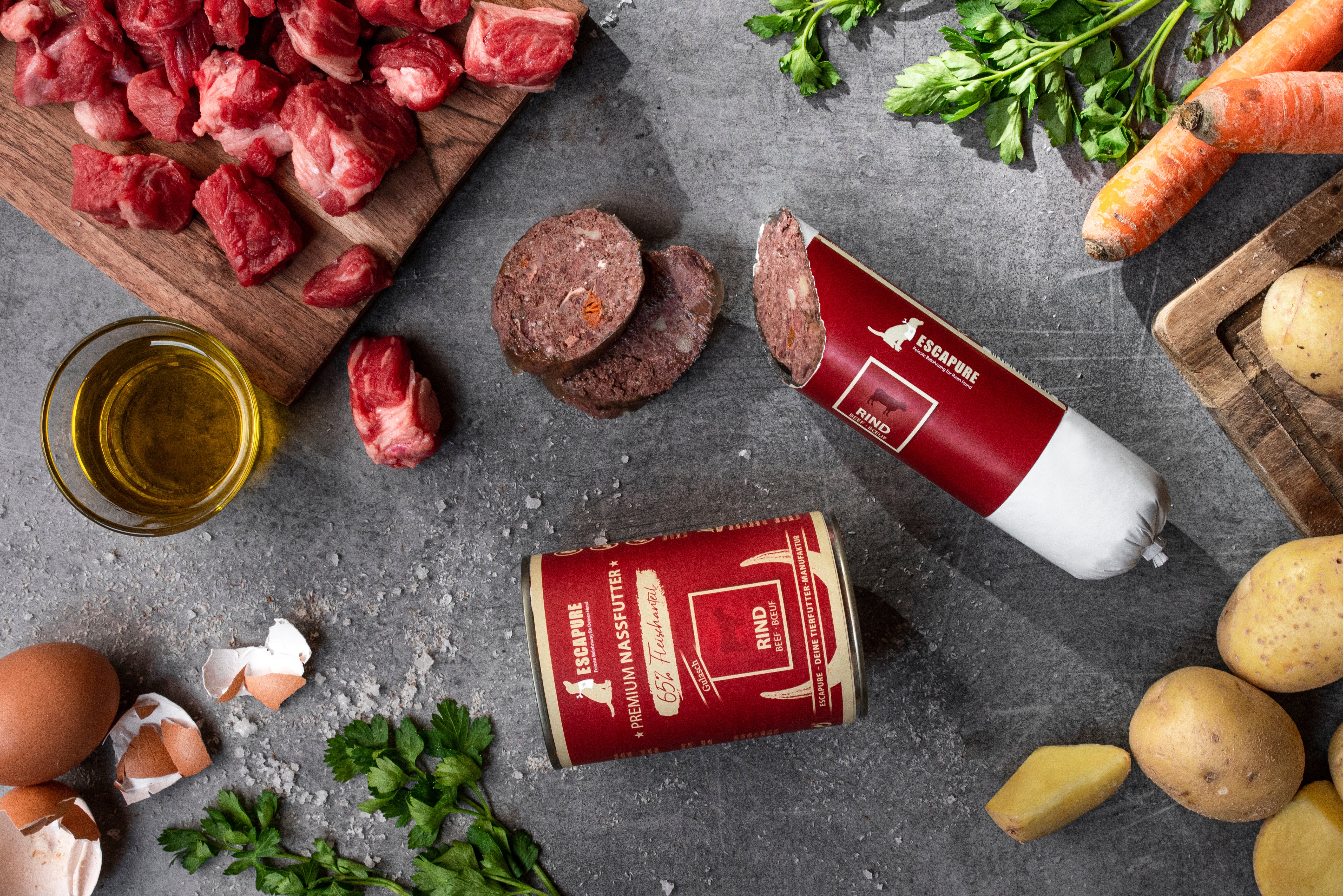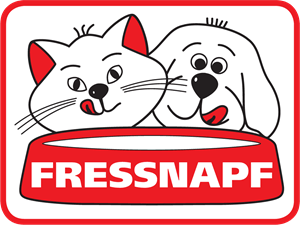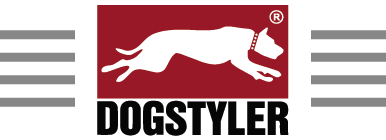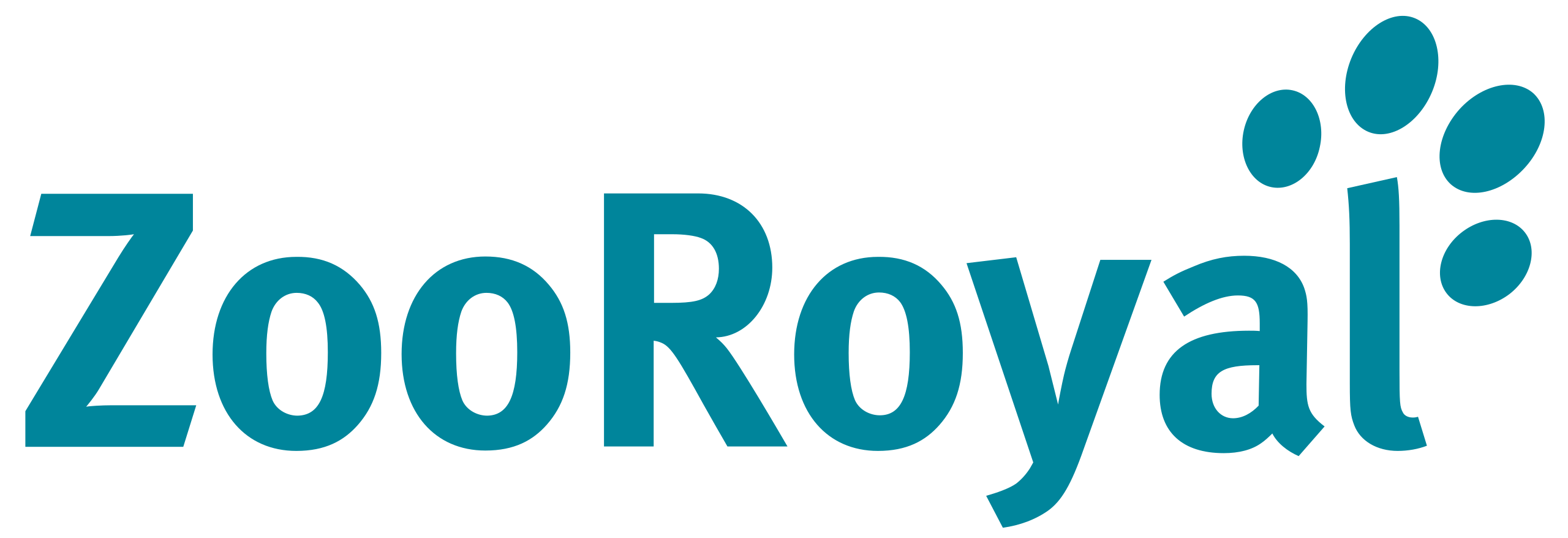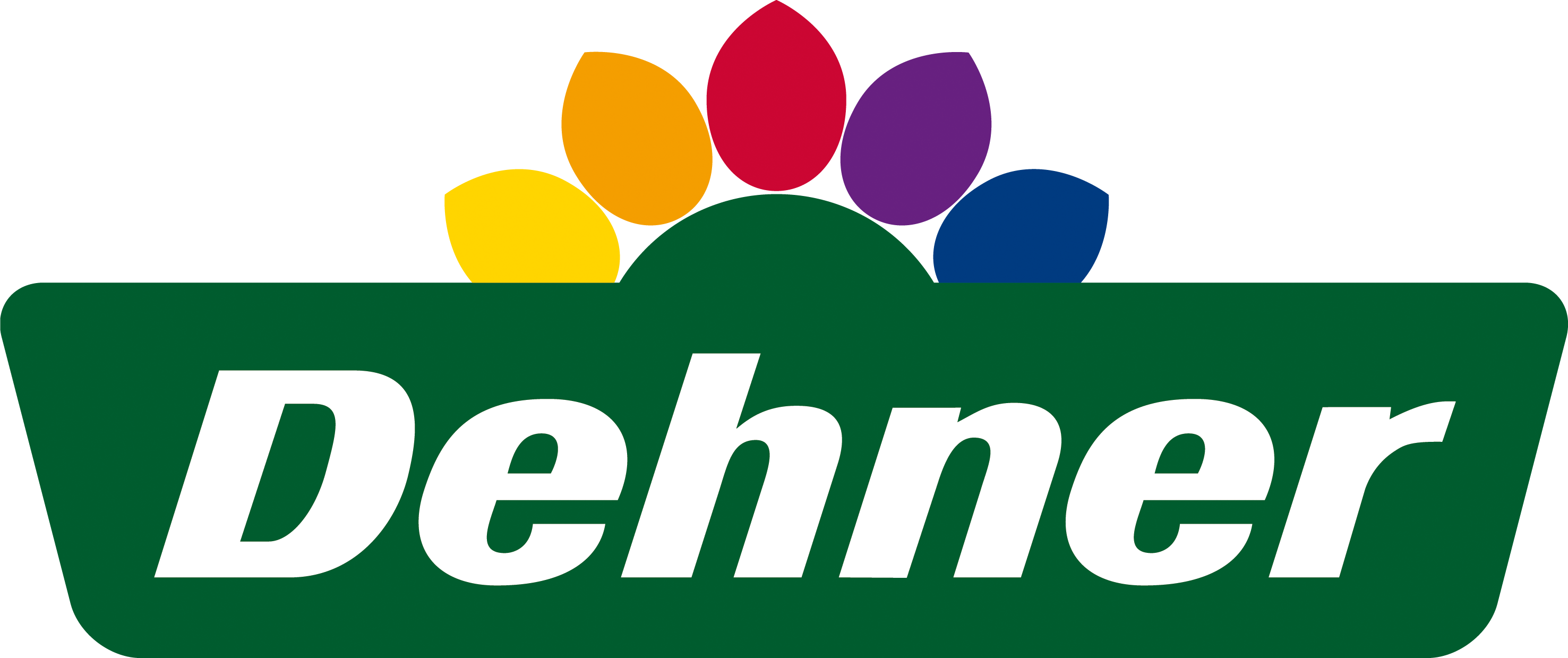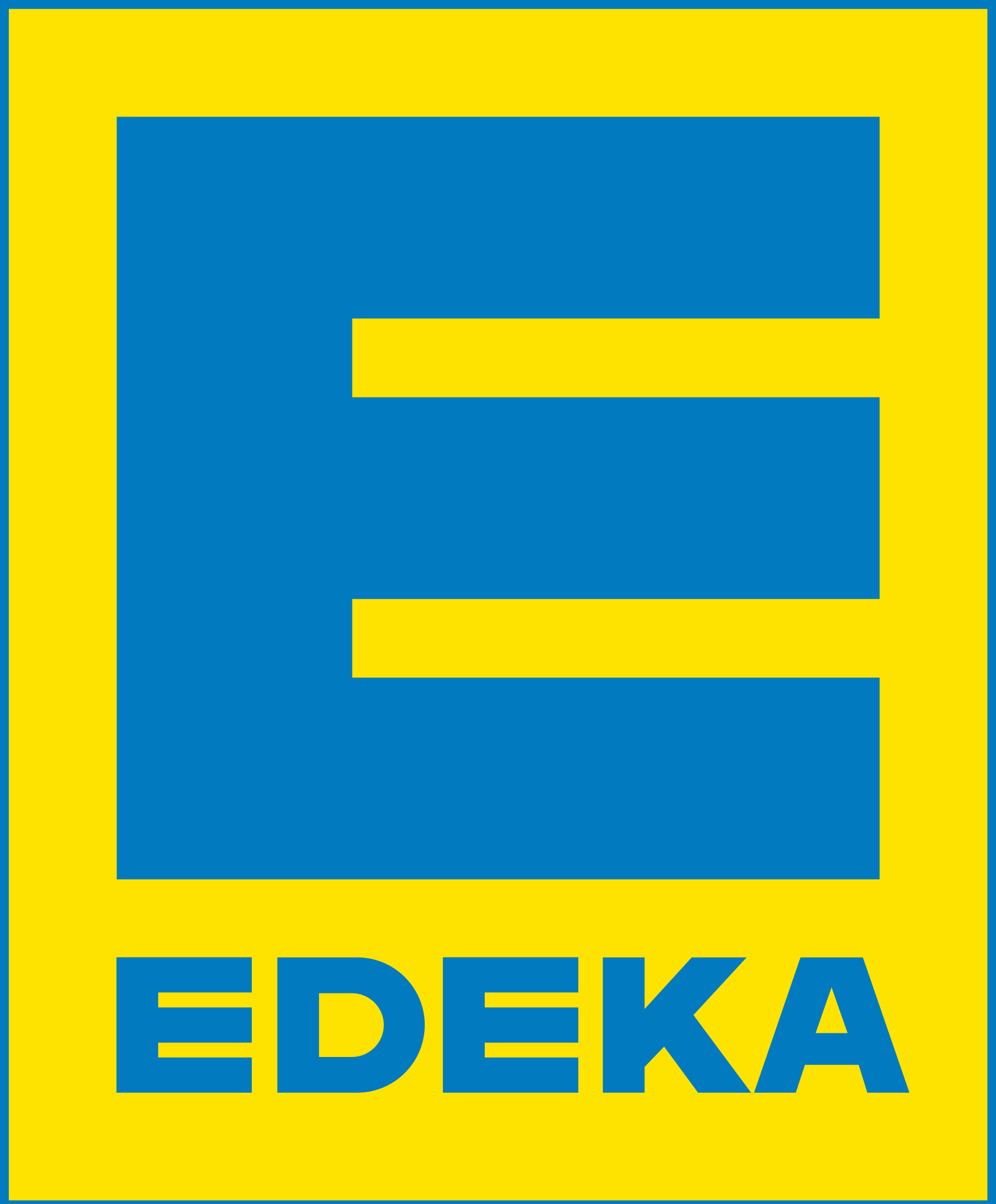
IS A VEGETARIAN OR VEGAN DOG DIET SPECIES-APPROPRIATE?
Nowadays, one trend follows another. Even nutrition is not spared from these constantly changing preferences. A few years ago, feeding according to the example of the wolf was totally in vogue. This means a lot of raw meat and natural components.
Due to scandals and reports in social media, the awareness of many people regarding meat production and animal welfare has been sharpened. As a result, a large number of people today reject meat obtained from factory farming and completely abstain from meat components or all products obtained from living animals.
Many vegetarians or vegans who abstain from meat out of conviction and for animal welfare also reject a diet for their dogs based mainly on meat components.
But dog food without meat? Is a vegetarian or even vegan diet feasible and species-appropriate for dogs and cats?
What is vegetarian and vegan nutrition actually?
At one Vegetarian diet all animal components are avoided. A vegetarian does not eat meat, fish, or any products derived from these. Protein sources here are dairy products, eggs, or plant-based proteins.
At the vegan diet Only plant-based proteins and dietary supplements are used here, not only avoiding all animal components, but also all products obtained from living animals, such as milk, eggs, and honey.
What nutrients does your dog need for a healthy life?
To find out if a vegetarian or vegan diet can work for your dog, we first need to consider the nutritional needs of your four-legged friend. What nutrients does your dog need for a healthy life and through which food components does he get them?
Just like us humans, your dog needs to absorb nutrients on a daily basis that cannot be produced by the body itself. These nutrients enter the organism through the food.
Besides water, these nutrients include proteins, fats, carbohydrates, and dietary fibers as well as vitamins and minerals.
To ensure that your dog's organism functions properly, it is particularly important that the dosage and quality of nutrients are correct. For example, if your furry friend's protein intake exceeds the requirements and consists of poor quality proteins, it can lead to diarrhea and stomach pain. However, if the protein intake is too low, this can also affect the well-being of your dog.
The correct dosage for your dog cannot be determined in a general way. In addition to other individual factors, it depends on the weight, age, and overall health condition of your four-legged friend.
Proteins or amino acids Proteins are essential nutrients that are mainly absorbed through the meat components in the feed. Proteins can be found in every single cell of your four-legged friend, which is why they are so important. The amino acids contained in the proteins are responsible for the growth and cell formation of your dog.
However, it is not only important to consume proteins, but also the quality of the proteins and the type of meat.
Offal or slaughterhouse waste such as lungs or rumen alone do not provide your dog with sufficient protein. Muscle meat provides your beloved pet with a high and high-quality protein content.
You should pay attention to a proportion of muscle meat tailored to the needs and good quality of the meat in a diet based on meat components.
Carbohydrates ergy suppliers are essential and should not be neglected. Your dog's energy needs are met by the important complex carbohydrates found in potatoes, rice, or certain vegetables. This way, your dog gets the energy he needs to move sufficiently.
Another important nutrient is Dietary fiberFiber is indigestible, plant-based raw material that is essential for your dog's gastrointestinal tract. These fiber substances have a positive effect on the intestinal microbiome of your furry friend. The indigestibility of the fiber substances stimulates blood circulation and intestinal activity, allowing the food to be better excreted.
An oversupply of fiber can lead to your dog suffering from diarrhea, while an undersupply can be responsible for very firm stool.
Dietary fibers are mainly found in vegetables such as carrots or pumpkins, but also in fresh fruits such as apples.
Vitamins Vitamins are just as important for four-legged friends as they are for us humans. Most complete pet foods contain sufficient vitamins, so additional vitamin supplementation is not necessary.
If you put together your four-legged friend's food yourself and avoid meat components, you should make sure that your dog gets enough vitamins. However, caution is advised. Too many vitamins can have as many disadvantages as a vitamin deficiency.
Minerals Minerals are at least as important as vitamins. They do not provide energy to the body, yet they have essential tasks to keep the organism running. Basically, a distinction is made between trace elements and bulk elements. Minerals must be taken in through food, as your dog cannot produce them on its own. Bulk elements are responsible, among other things, for bone formation, blood pressure regulation, and supplying cells with energy.
Elements are essential for the transport of oxygen in the blood and for a strengthened immune system.
In most ready-made pet foods, all essential minerals are included. Here too, if you prepare the food for your dog yourself, you should make sure that all important minerals are covered.
And finally: The necessary FatFat is an important source of energy, for you as well as for your four-legged friend. Its task is to metabolize essential vitamins. However, fat in the body does not remain the same fat, but is broken down into fatty acids with the help of enzymes. The unsaturated fatty acids are the "good" ones that the body absolutely needs. They are contained, for example, in salmon or hemp oil. You can easily mix them into your pet's food and are therefore not dependent on meat components.
Can vegetarian food provide these essential nutrients?
Vegetarian food for your dog:
In vegetarian nutrition, meat components are avoided. Therefore, in this variant of dog food, the meat protein source is completely eliminated. It is replaced by dairy products such as cottage cheese, quark, or yogurt, and by eggs. The energy requirement is met by adding carbohydrate-containing ingredients.
These carbohydrates can be provided by certain fruits or vegetables, but also by dietary supplements such as special mueslis. Try our delicious oils and mueslis!
Fiber is contained in plant-based ingredients, which is why abstaining from meat has no impact on this nutrient.
In terms of meeting nutritional needs, vegetarian rations do not differ significantly from those containing meat. Both the energy and protein requirements as well as the need for amino acids are easily met. The only potential issue may arise from the additional supply of vitamins and minerals. While the addition of selected minerals and vitamins is necessary, this is also the case for some meat-based rations. Therefore, from a nutritional standpoint, there is no reason against occasionally feeding a vegetarian meal.
If you feed your dog a lot of vegetarian food, it is important to make sure not to give your dog dairy products as a protein source in the long term, as the lactose content is very high. There are certain quantity restrictions that you should consider. If too much lactose is consumed, your beloved pet may experience diarrhea.
However, despite everything: Would you like to feed exclusively vegetarian in the long term, please refer to the Animal Welfare Act at this point. This law requires, among other things, to feed an animal according to its species. Dogs are considered Carni-Omnivores (= meat-based omnivores), which means that at least occasional feeding of meat products is necessary.
Vegan food for your dog:
In a vegan feeding approach, components of animal origin are completely avoided. Plant-based products such as soy, lupins, peas, or lentils are used as protein sources. However, compared to animal components, these have a less favorable amino acid profile. Especially with regard to the amino acid methionine. If not supplemented according to requirements, deficiency states can quickly occur.
Moreover, a vegan diet cannot guarantee sufficient supply of B-group vitamins.
Many legumes contain high levels of sugar compounds that are not degradable by the body's own enzymes due to their chemical structure. These flood into the colon, where bacterial breakdown occurs, leading to soft stool and increased gas formation/flatulence in the colon.
While, as already clarified above, an ovo-lacto-vegetarian diet (= with eggs and dairy products) for dogs is generally possible and does not pose greater challenges in meeting nutritional needs than a meat-based diet, feeding vegan diets requires a lot of ration calculation effort, research, and expertise. In addition, this may be greatly limited by the acceptance of your four-legged friend.
All in all, one can say:
The mix makes it!
A balanced mixture based on meat in combination with vegetarian components such as fruits and vegetables forms the most favorable way of feeding your four-legged friend. But an occasional purely vegetarian meal can also be fed without any problems.
Vegetarian or vegan diet for your cat:
Vegan or vegetarian diet is not possible for cats, as they are carnivores, unlike dogs.
This is the reason why cats digest plant-based products much worse than omnivores or herbivores.
There are countless reasons for pampering your furry friends against A plant-based diet is being discussed, so here is just a brief example:
The nutrients contained in plants cannot be absorbed or processed by cats, as they do not possess enzymes specifically designed for these tasks. In addition, unlike dogs, the small quadrupeds cannot produce the essential amino acid taurine themselves and must therefore necessarily consume it through meat.
Even the Animal Welfare Act prescribes a purely meat-based feeding method for cats.
Do you have any questions about vegetarian or vegan feeding? Then feel free to send us your questions via Instagram, Facebook, or email to the info@escapure.de !
Are you simply interested and want to learn more, also about other exciting topics? Then feel free to read our Informative questions and answers durch!
——————————————————————-
Literature sources:
Knight A, Leitsberger M (2016): Vegetarian versus meat-based diets for companion animals. Animals (Basel), 6(9): 57.
Plant-based (vegan) diets for pets: A survey of pet owner attitudes and feeding practices. PLoS One, 14(1): e0210806.
Amino Acids in Dog Nutrition and Health. Adv Exp Med Biol, 1285: 199-216.

